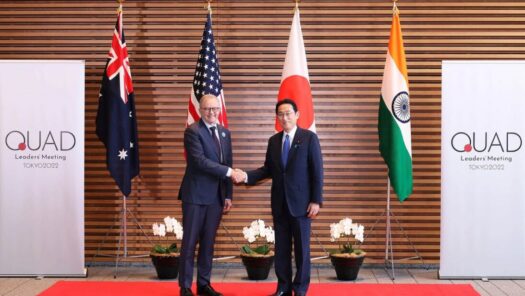
کواڈ کو انڈو پیسیفک میں جوہری خطروں سے نمٹنا ہو گا
کواڈ کے نام سے معروف چار فریقی سیکیورٹی ڈائیلاگ کے رہنماؤں نے "جزیرہ نما کوریا کو مکمل طور پر جوہری ہتھیاروں سے پاک کرنے کے اپنے عزم کو بارہا دوہرایا ہے،" اس ضمن میں پہلی مرتبہ ہیروشیما سے بیان جاری…
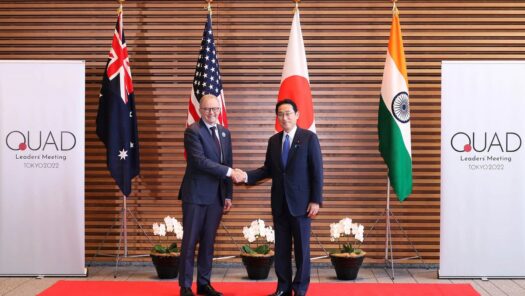
The Quad Must Tackle Nuclear Threats in the Indo-Pacific
The leaders of the Quadrilateral Security Dialogue, popularly known as the Quad, have consistently reaffirmed their commitment to “the complete denuclearization of the Korean Peninsula,” first through a statement issued in Hiroshima, then at the Shangri-La Dialogue in 2023, where…
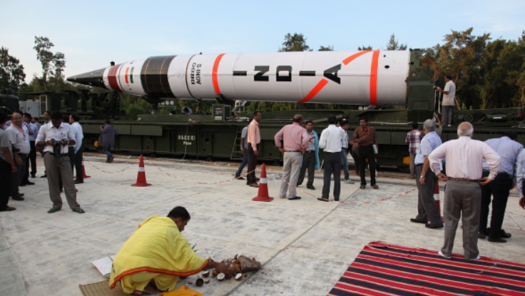
Is It Time for India to Rethink its Nuclear Strategy?
India’s nuclear strategy is guided by Credible Minimum Deterrence (CMD), which underscores the country’s No First Use (NFU) policy with second-strike capability. Although this policy has remained consistent since its inception, serving government officials and defense experts have questioned India’s…
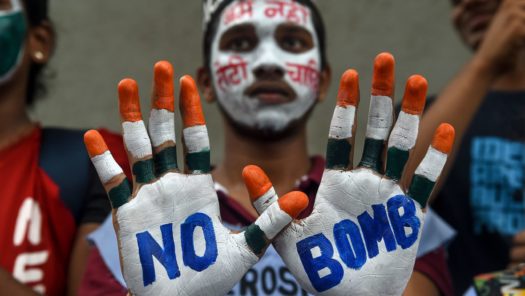
Civil Society Mobilization for Reducing Nuclear Risks in South Asia
In 2017 Sobia Paracha examined the role of civil society in reducing nuclear risks globally and in South Asia. In light of the recent 75th anniversary of Trinity test – the world's first nuclear explosion – her words, reproduced below,…
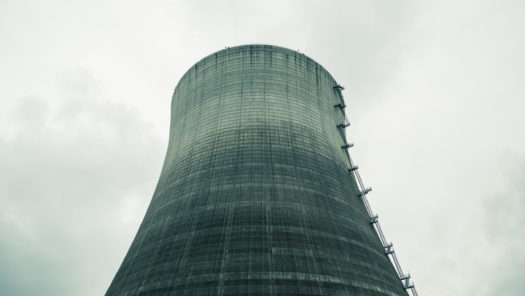
پاک-چین تعاون برائے جوہری توانائی: تاریخ اور کلیدی بحث
پاکستان پر منڈلاتا معاشی بحران توانائی کی کمی کی وجہ سے مزید شدت اختیار کررہا ہے۔ پاکستان کے قومی گرڈ کی ناکافی صلاحیت اور دستیاب توانائی کے غیرذمہ دارانہ استعمال کے سبب پاکستان نے ۲۰۱۲ سے ۲۰۱۷ کے درمیان معاشی…

China-Pakistan Nuclear Energy Cooperation: History and Key Debates
Pakistan’s looming economic crisis has only been worsened by an energy shortfall. Due to a lack of capacity in Pakistan’s electrical grid and the inefficient use of the available energy, Pakistan lost an average of USD $9.38 million per year…